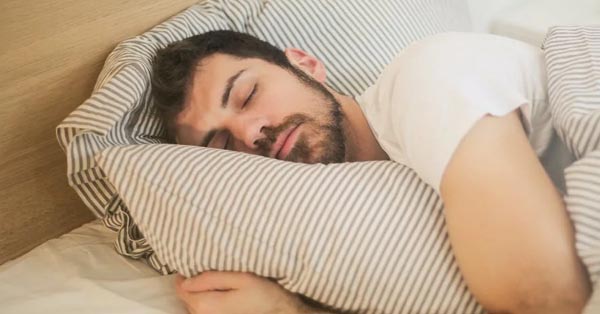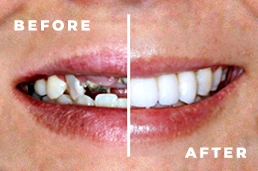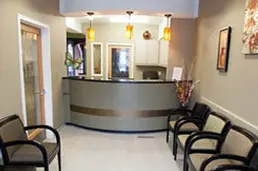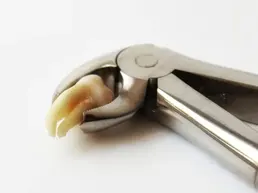Take a Sleep Test in the Comfort of Your Own Bed
Approximately 22 million Americans have sleep apnea, but that's not the only problem that can interfere with a good night's sleep. At The Dental Touch in Oakland, California, our team of sleep specialists can help determine if you experience teeth grinding, snoring, or sleep apnea, and you never have to spend a night in a sleep lab.
Here are just a few signs you're not getting quality rest and how to get an accurate assessment in the comfort of your own bed.
Why good sleep matters
Most people assume the most important part of having quality sleep is waking up feeling awake and refreshed. However, a good night's sleep also reduces your chance of other health complications, including heart attack, stroke, and Alzheimer's disease.
Getting quality sleep contributes to your oral health, too. In fact, you can develop a wide range of dental problems from poor sleep, including:
- Jaw clenching or teeth grinding (bruxism)
- Temporomandibular joint (TMJ) disorders
- Plaque, tooth decay, and gum disease
Over time, these issues can even cause the surfaces of your teeth to erode, chip, or break and increase your chances of tooth loss.
Signs of poor sleep
One of the most common signs of poor sleep is feeling tired or groggy in the morning. Other symptoms include:
- Waking with a headache or dry mouth
- Daytime fatigue
- Frequent yawning
- Snoring
- Irritability and mood swings
- Impaired concentration and memory
- Frequent or persistent infections
- Impotence
Sometimes, we can also detect disordered sleeping during a dental exam, especially if you have raw spots in your mouth, tight jaw joints, or your teeth show excessive wear.
Diagnosing sleep disorders - at home!
In the past, you had to spend the night having a sleep study in a lab setting to check for signs of sleep apnea, snoring, or teeth grinding. But our team uses the FDA-approved, in-home STATDDS™ Sleep and Bruxism monitor.
STATDDS makes it easy to get an accurate reading without leaving the comfort of your own home, and we have your results the very next day. That means we can get to work treating your disorder so you can start getting better sleep immediately.
While you sleep, STATDDS monitors your:
- Breathing
- Oxygen levels
- Breathing effort
STATDDS makes it easy to capture this data, too. Simply place the small probe over your fingertip, slip the tubes of the oxygen mask into your nostrils, and place sensors on your abdomen and chest to measure your breathing. It also has sensors that measure jaw muscle activity.
The benefits of in-home sleep testing
Having a sleep test at home can provide more accurate information because you're in familiar surroundings, instead of trying to sleep at a lab. It also offers valuable insight in a single night at a fraction of the cost compared to in-lab sleep studies.
Plus, the entire STATDDS process is easy and painless - once you put it on, you simply turn in for the night and try to get some sleep.
Getting a good night sleep
After identifying the cause of your disrupted sleep, we can make personalized recommendations about the best course of treatment. Some options for improving sleep quality include CPAP machines that deliver pressurized air and special mouthpieces that control clenching and grinding.
No matter which solution you end up with, treating disordered sleep can be life-changing, thanks to their ability to dramatically improve your rest and reduce dental problems.
Don't miss out on another good night's sleep. Contact us by calling 510-328-7799 or booking online to schedule a sleep test in the comfort of your own bed today.

















